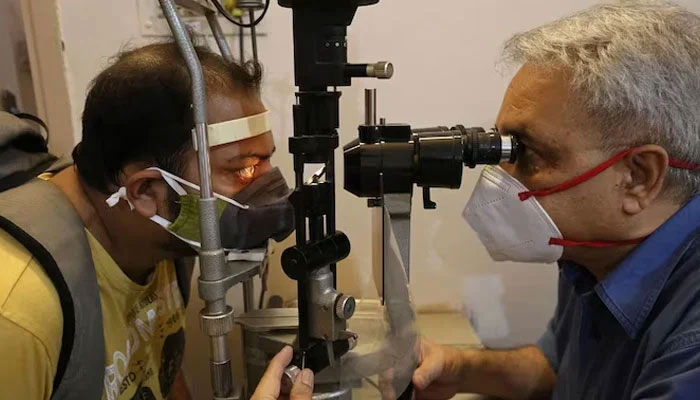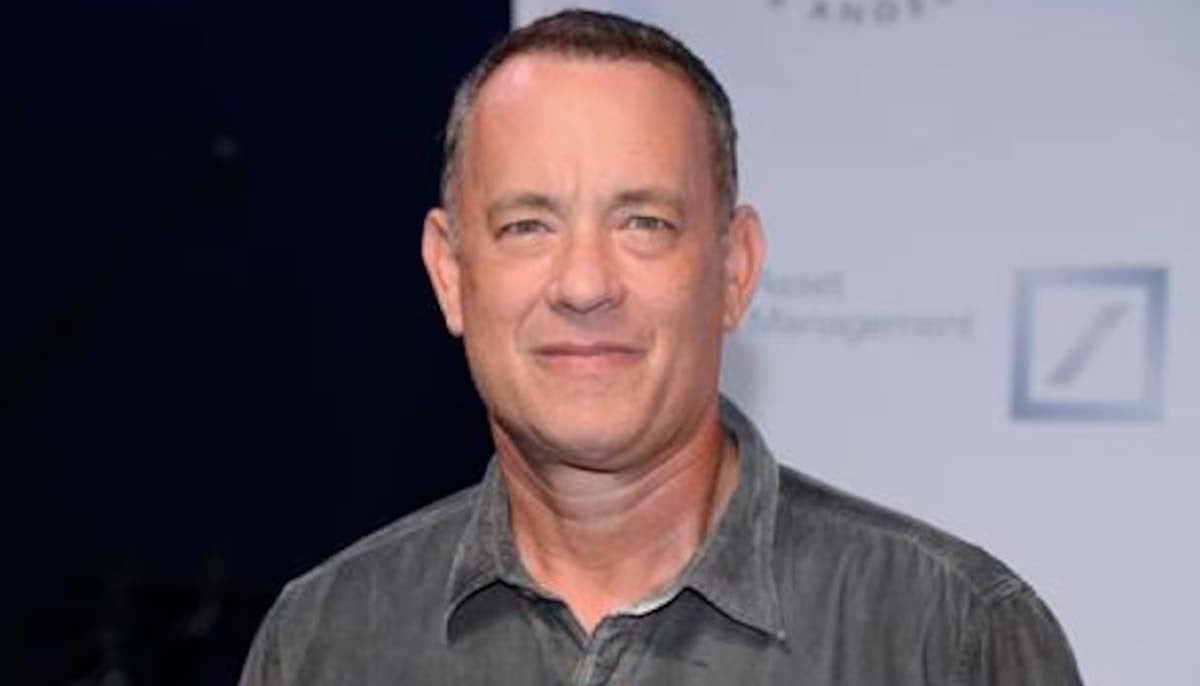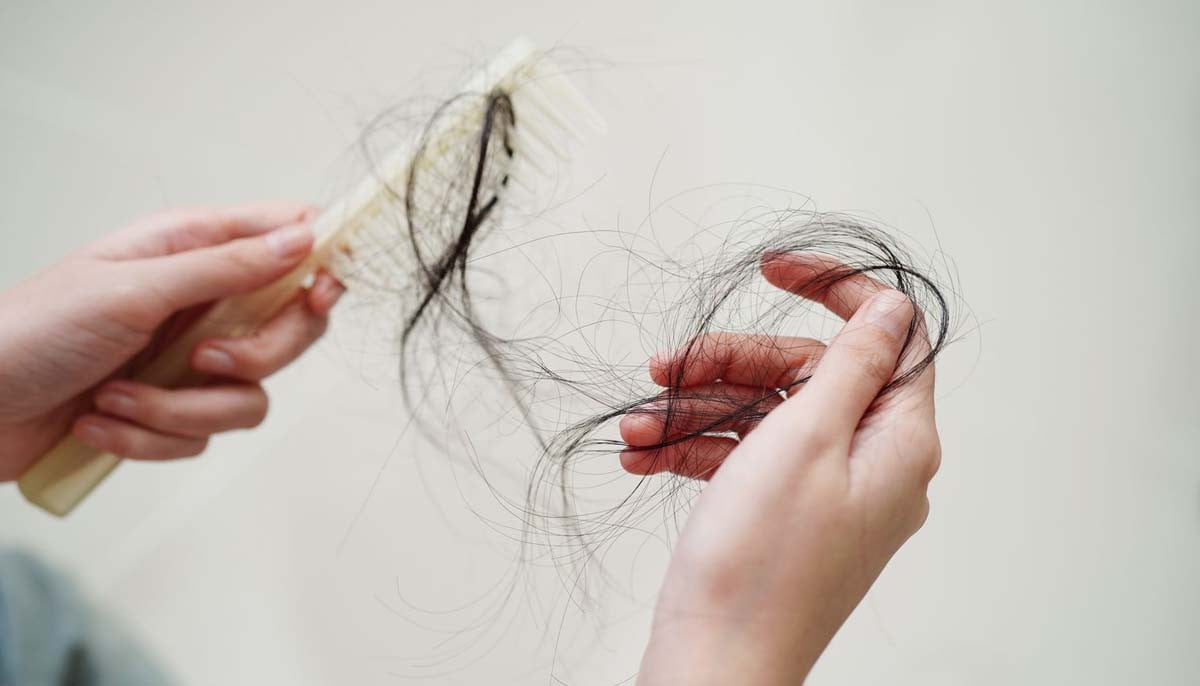Punjab imposes ban on eye injections causing vision loss
"Strict action will be taken against drug inspectors responsible for availability of non-sterile injections with a pending inquiry," says CM Naqvi
The Punjab caretaker government on Sunday imposed a two-week ban on Avastin’s sales and usage for ophthalmology-related treatments, until quality check results were obtained as dozens of vision impairment cases were reported in the province during the past few days.
Punjab caretaker Chief Minister Mohsin Naqvi made the decision during a crucial meeting held with officials of the Health Department and eye specialists to address Avastin (Bevacizumab)-related blindness cases.
A day after it was revealed that the eyesight of as many as 40 diabetes patients was affected due to substandard injections in Lahore, cases of vision impairment were also reported in other cities of Punjab including Multan and Sadiqabad. Sources in the drug controller office said so far 68 cases of vision impairment had been reported in the province.
In a statement posted on his 'X' handle, formerly known as Twitter, CM Naqvi announced free medical treatment to the patients affected by the substandard eye injections.
He vowed that immediate strict action would be taken against drug inspectors responsible for the availability of non-sterile injections with a pending inquiry. The CM said that the government would form a high-powered inquiry team for swift investigation.
Police were instructed to ensure the arrests of those found responsible for the incidents.
Earlier today, Punjab caretaker Minister for Primary and Secondary Healthcare Nasir Jamal revealed that separate dealers were selling counterfeit injections in Lahore, Kasur, Multan and Sadiqabad.
He added that data on those selling the counterfeit injections in different cities of the province was being gathered.
"None of the operatives of the fake injection-selling network has been arrested yet," he said.
Moreover, he added: "A list of the people affected by fake injections is also being prepared."
During a presser today, interim Federal Health Minister Nadeem Jan, while updating people on the latest developments about the matter said that an investigation into the issue was underway.
He said that a committee of five people had been formed to look into what had led to vision impairment of the victims.
Jan further added that the committee would analyse the situation from all angles and would determine whether the problem lay in the medicine, the competency of the doctors, or the sterilisation of the tools used.
He said that inquiry could take around two to three days.
Yesterday, the Punjab Health Department constituted a committee headed by ophthalmologist Dr Asad Aslam to probe the matter, after Pakistan Peoples Party (PPP) leader Chaudhry Manzoor revealed that his brother and a friend’s eyesight was affected when they received the shot inside their eyes.
The PPP leader said when he shifted his brother to a Lahore hospital, 18 other patients with the same condition were already admitted to the medical facility.
However, Jan added that the entire batch of medicine had been pulled off the market and a first information report (FIR) had been lodged against two suppliers.
As per the FIR against one of the suspects, Naveed Akbar, a case has been registered under sections 23 and 27 of the Drugs Act 1976 and section 30(2) of the Drug Regulatory Authority of Pakistan Act, 2012.
The federal minister also said that victims, who suffered, will be compensated and provided top-notch medical facilities, while culprits will be dealt with properly.
On the other hand, during the same presser, Jamal said: "A sample of the fake injection has been sent to the lab of the Punjab Health Department."
He added that the Punjab Health Department had received the names of 20 affected people.
"This drug has been used for a long time and the profit margin is high," Dr Jamal said, adding that the injection was made by a multinational company.
This provincial minister added that the medicine had been used for a long time, but it has been discovered that the margin of profit for this medicine is very high.
He said that one injection was being sold for Rs100,000.
-
Tom Hanks diabetes 2 management strategy laid bare
-
Catherine O’Hara becomes beacon of hope for rectal cancer patients
-
FDA sends 'refusal-to-file' to Moderna over new flu vaccine
-
Cure flu with theses two golden foods
-
Struggling with obesity? Here's how to manage it
-
Historic mental health facility closes its doors
-
Top 5 easy hair fall remedies for the winter
-
Pregnant women with depression likely to have kids with autism












